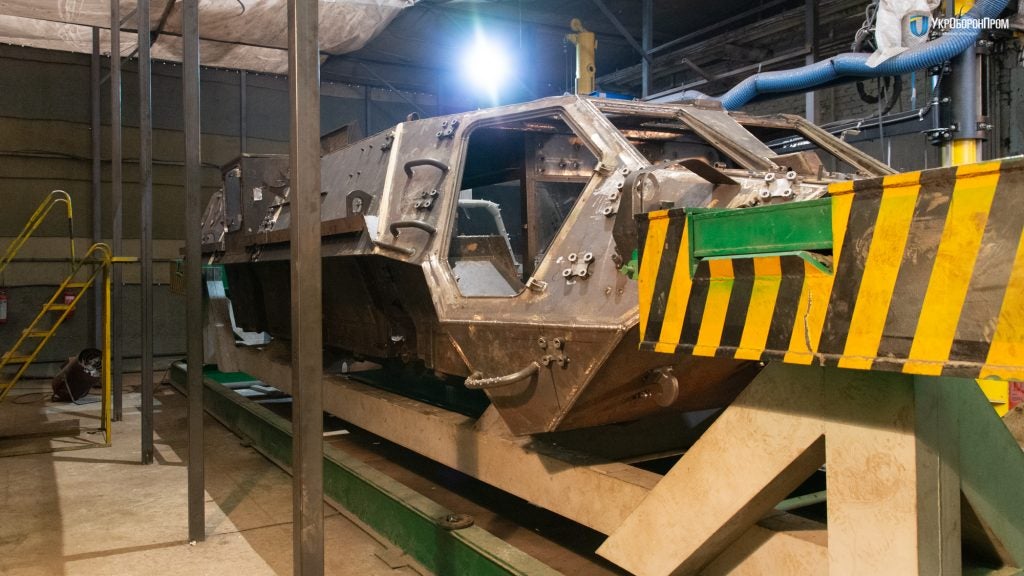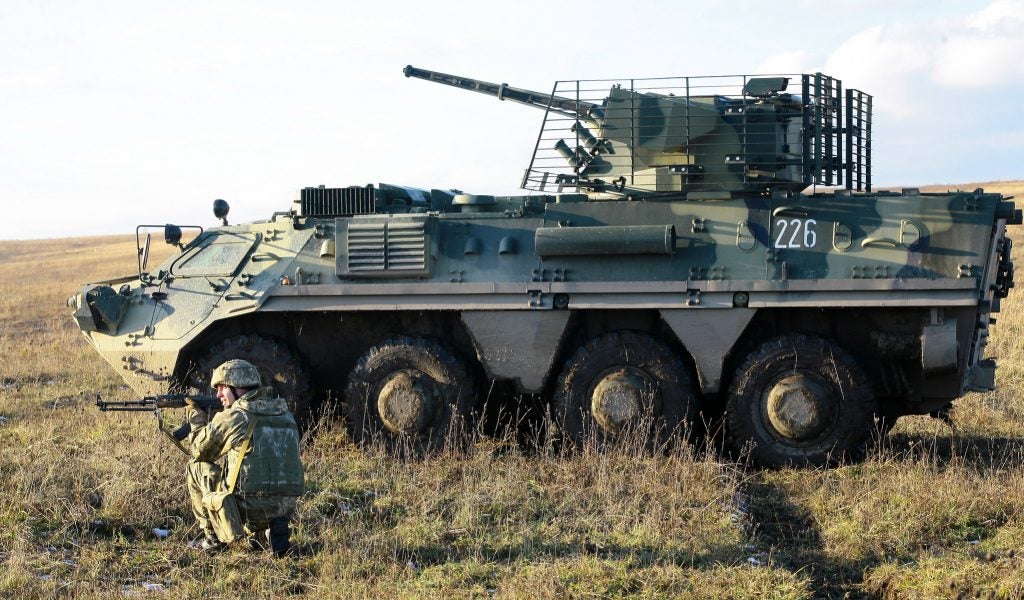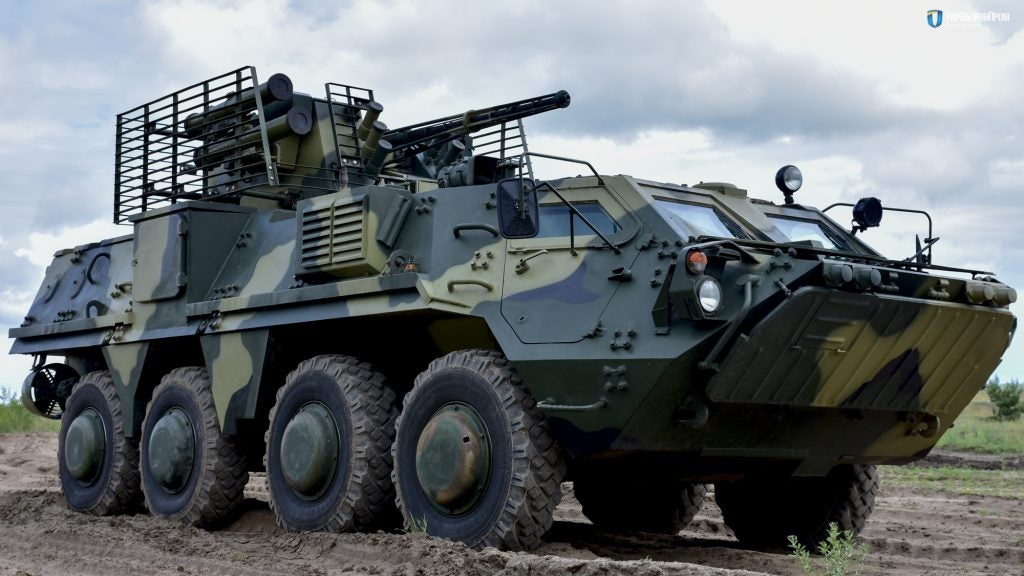BTR-4E Manufacturer Fined as Ukrainian MoD Clamps Down on Industry Negligence
The Ukrainian Ministry of Defense has issued an 82.3 million UAH ($3.3 million) fine to the defense conglomerate Ukrobonprom (UOP) for its failure to deliver BTR-4E vehicles. The original contract signed in late 2016 was for 45 vehicles and yet, in two years only 7 had been completed despite payment having been made. Rather than accepting its failure the design bureau Kharkiv, who is owned by UOP and is responsible for BTR-4E, accused the government of trying to force it into bankruptcy. They then proceeded to shift blame onto a subcontractor, Lozova Forging-Mechanical Plant, claiming that they were bottle-necking the whole process by only being able to produce 2 armored hulls a month.
This doesn’t make sense from the start as that’d still allow 20 or so vehicles to have been delivered, but Lozova was keen on defending itself. They snapped back claiming that Kharkiv didn’t even sign a contract with them until early 2018, a year and a half after the contract was signed with the MoD. On top of the administrative delay the contract only called for 34 hulls. This makes partial sense, as Kharkiv intended to begin to produce hulls itself making up the rest of the 45 but never managed to get production off the ground. Further, Lozova claimed Kharkiv failed to make payments, currently owing them 25 million UAH for delivered product and 50 million for product on order.

This has left not only Kharkiv in a bad place but has left the Ukrainian Army in desperate need of modern armored vehicles. Currently, the army has only about 200 BTR-4Es and BTR-3s with the remainder of their motorized infantry force relying on some 600 BTR-80s and BTR-70s that were leftover from the Soviet era. These vehicles are considered obsolete, in particular lacking medium caliber cannon.

BTR-4. Photo: Sgt. Alexander Rector, US Army
In a previous article covering the degradation of the Ukrainian defense industry deficiencies in the BTR-4 were highlighted. Notably, the half-billion-dollar contract for the vehicle that was cancelled by Indonesia due to critical defects after only 2 vehicles had been delivered. Even worse, a similar order by Iraq was cut short with only 122 of 420 vehicles being delivered after similar issues. This was near the peak of Iraq’s fight with ISIS, having rejected them in the midst of an intense fight is a testament to their poor quality.

